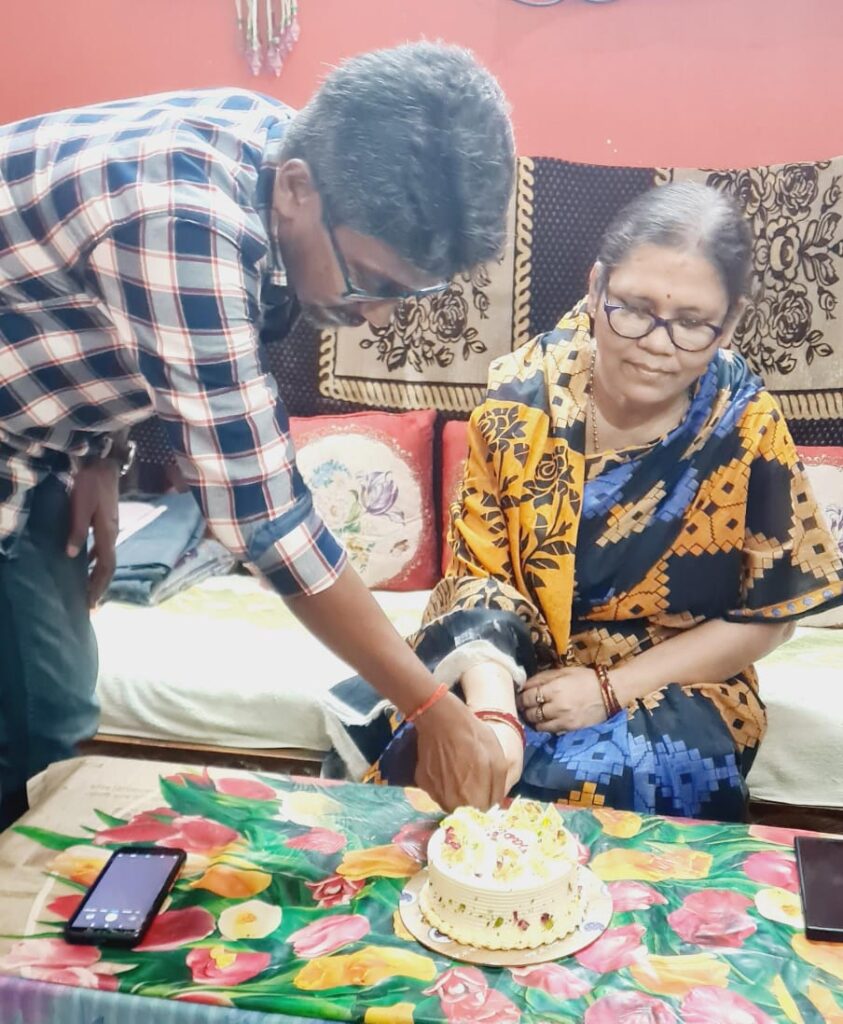The Future of Elder Care: Trends to Watch
Future of Elder Care
As the global population ages, the way we care for our seniors is evolving rapidly. Advances in technology, shifts in societal perspectives, and innovative healthcare models are transforming elder care, ensuring that aging individuals can live with dignity, comfort, and independence. Understanding these trends can help families, caregivers, and healthcare providers prepare for a future where seniors receive more personalized and effective care.
1. Aging in Place: Supporting Independence at Home
Many seniors prefer to stay in their own homes rather than moving to assisted living facilities. This trend, known as “aging in place,” has led to the development of home care services designed to support independence. From meal delivery and transportation assistance to home safety modifications and companion care, seniors can now enjoy comfort and security in familiar surroundings while receiving the help they need.
2. Technological Innovations Enhancing Care
Technology is revolutionizing elder care by making it safer, more efficient, and more personalized. Wearable devices can monitor vital signs and detect falls, alerting caregivers immediately. Remote health monitoring systems allow medical professionals to track chronic conditions from a distance, reducing the need for frequent hospital visits. Smart home devices, including automated lighting, voice-activated assistants, and medication reminders, improve both safety and quality of life for seniors.
3. Personalized and Holistic Care Models
The future of elder care emphasizes individualized attention that considers the physical, emotional, and social needs of each senior. Person-centered care focuses on personal preferences and lifestyle choices, while integrated health services ensure coordination between medical care, mental health support, and social engagement. Encouraging community involvement and social interaction is also critical for maintaining emotional well-being and preventing isolation.
4. AI and Virtual Companions
Artificial intelligence is increasingly being used to support seniors in their daily lives. AI-powered virtual companions can provide conversation, cognitive stimulation, reminders for medications, and even memory-enhancing activities. These technologies not only improve quality of life but also help caregivers by offering additional support and monitoring.
5. Growth of Comprehensive Elder Care Platforms
The rise of elder care platforms is making it easier for families to access reliable services. These platforms offer a range of solutions, including health monitoring, in-home care, and emotional support, all coordinated through a single interface. This simplifies the process of managing care for seniors and ensures timely assistance whenever it is needed.
6. Focus on Wellness and Preventive Care
Modern elder care is increasingly preventive rather than reactive. Regular health checkups, nutrition guidance, fitness programs, and mental wellness initiatives are becoming central to care strategies. By addressing potential health issues early and promoting overall well-being, seniors can lead longer, healthier, and more fulfilling lives.
Conclusion
The future of elder care is becoming more personalized, technology-driven, and holistic. Seniors can now expect a combination of independence, safety, and emotional support tailored to their unique needs. By embracing these emerging trends, families and caregivers can provide the highest quality of life for their loved ones, ensuring that aging is a period of dignity, engagement, and well-being.





